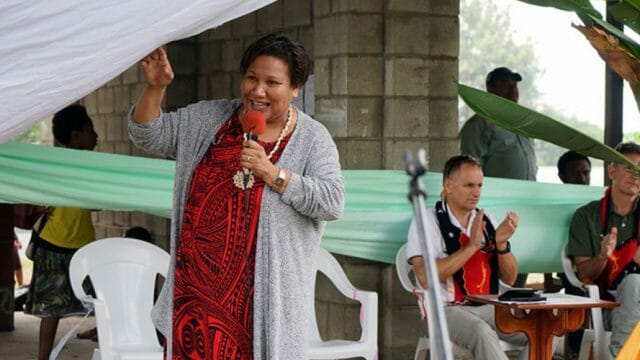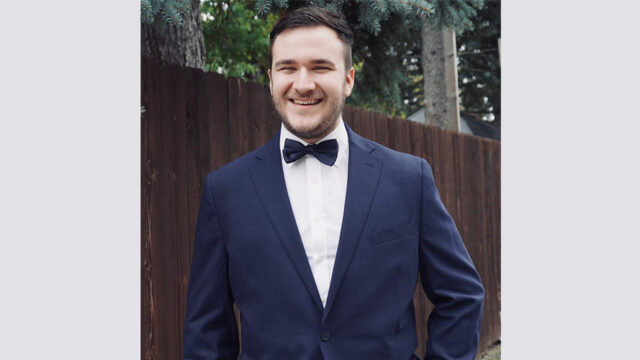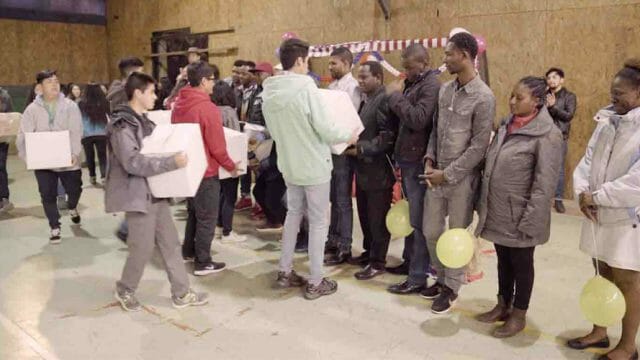The recipe to thrive despite the collapse all around us hasn’t changed.

No matter what measure they used, most pundits and analysts agreed that 2024 was a challenging year. Moreover, as the 24/7 news cycles of major media outlets and other experts point out repeatedly, 2025 doesn’t promise to be any better.
Challenges Galore
For one, the wars spilling from previous years haven’t resulted in peaceful resolutions. Major organizations, created with the goal of avoiding such conflicts, seem biased, clueless, and ineffective to turn the tide. And while some wars around the world fill the headlines of the world’s major newspapers, others probably crueller and deadlier are relegated or downplayed.
Then there’s the underlying anxiety of an economic and financial collapse. According to a recent report by financial services firm J. P. Morgan, the probabilities of a global recession have reached 35 percent for the first half of 2025, and 45 percent for the second half.
There’s also the ever-present threat of nuclear conflagration. Some of the thresholds with protocols detailing when a nuclear response between belligerent nations would be justified were recently unilaterally lowered. According to the new thresholds, a nuclear response is now more likely than, let’s say, a year ago.
To make matters worse, Geoffrey Hinton, the British-Canadian computer scientist dubbed the “Godfather of AI,” recently said during a radio interview with BBC Radio 4 that the chances of AI technology causing the extinction of the human race are steadily growing. According to Hinton, the odds are rising that AI manages to wipe out humanity within 30 years or so, as he calls the latest AI developments “potentially very dangerous.”
In the area of public health, the threat of a new pandemic is “not if, but when,” according to a recent news story of the Harvard T.H. Chan School of Public Health. According to that source, “as of August 2024, the [COVID-19] virus had infected more than 700 million people and caused more than 7 million deaths.” According to Yonatan Grad, one of the experts quoted, “the big demographic changes that are coming, due to climate change as well as economic and other factors, will alter the landscape and create new risks, both for new pathogens to emerge and for known pathogens to re-emerge.”
A Christian Response?
Before these and other major existential challenges, various studies agree that Christianity is decreasing—both in number and influence—in the public sphere in most of the Western world. In the U.S., it’s steadily accelerating, with no sign of stopping. A recent Pew Research Center survey found that 80 percent of U.S. adults say religion’s role in American life is shrinking—a percentage that’s as high as it’s ever been.
At the same time, multiple Christian thinkers are decrying Christianity’s political turn. Several pastors recently shared how after preaching on the Sermon on the Mount, they were accosted by parishioners who accused them of “talking liberal points.” When the dumbfounded pastors explained that they were quoting Jesus Himself, they were told, “Yes, but that doesn’t work anymore. That’s weak.”
Even in the Seventh-day Adventist camp, there are strife and rumors of strife lately, as thousands of church members exchange scathing invectives and caustic accusations that would make non-Christians blush. Hundreds, if not thousands, of members are expressing fears about the viability of the Adventist Church organization, the next General Conference Session, and a seemingly growing crisis of trust. And the hopes that all the loose ends might eventually connect in one big, united front seem to be diminishing by the day.
Tried-and-True Recipe
Against this background and before an unending wave of anxiety-inducing news within and beyond the church, the recipe for staying calm and focused amid the metaphorical gyre has not changed in thousands of years. “I sought the Lord, and He heard me, and delivered me from all my fears” (Ps. 34:4). We seek Him. He hears. He delivers from fear.
It is the same old recipe reframed by the Messiah many centuries later. “Come to Me, all you who labor and are heavy laden, and I will give you rest” (Matt. 11:28). It’s as simple as that. “Learn from me . . . and you will find rest for your souls” (vs. 29). We seek Him. We trust Him. He takes care of the rest.
As we face an uncertain 2025, casting all our cares on Him is the only way to go. When in doubt, let’s stick to the recipe.








